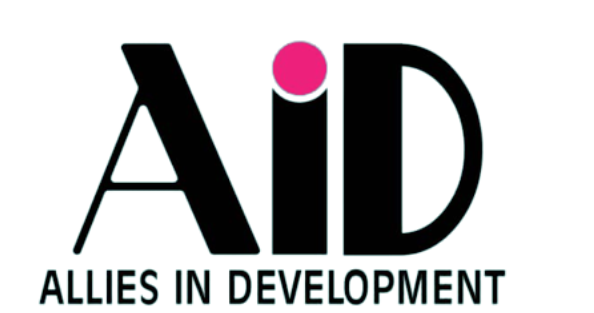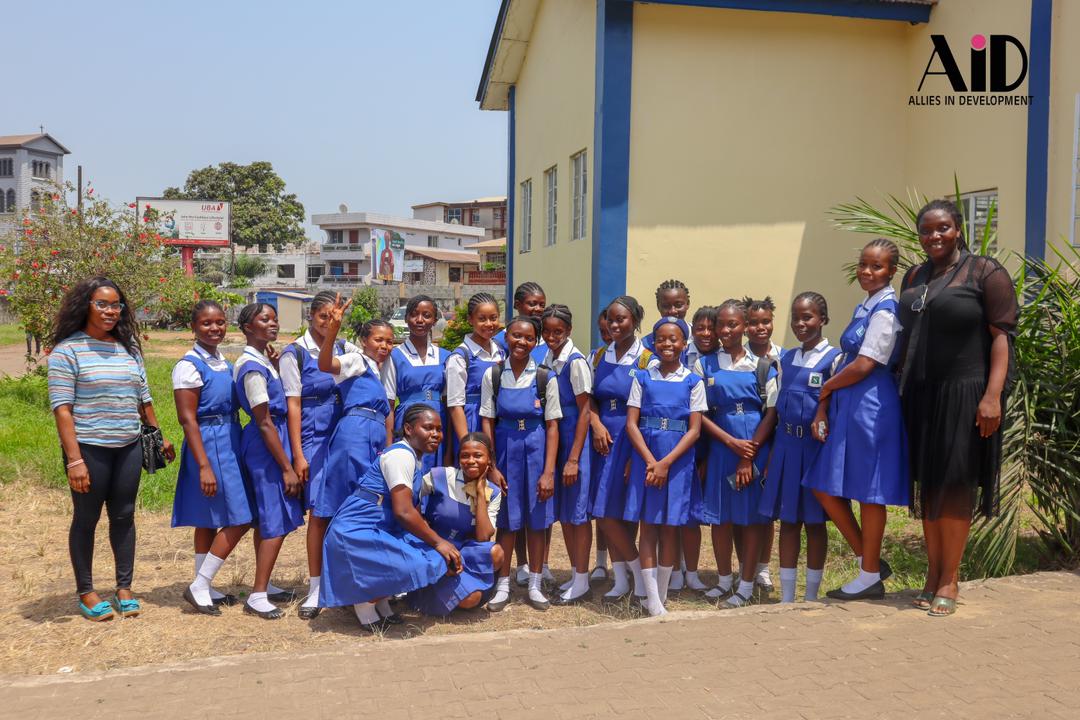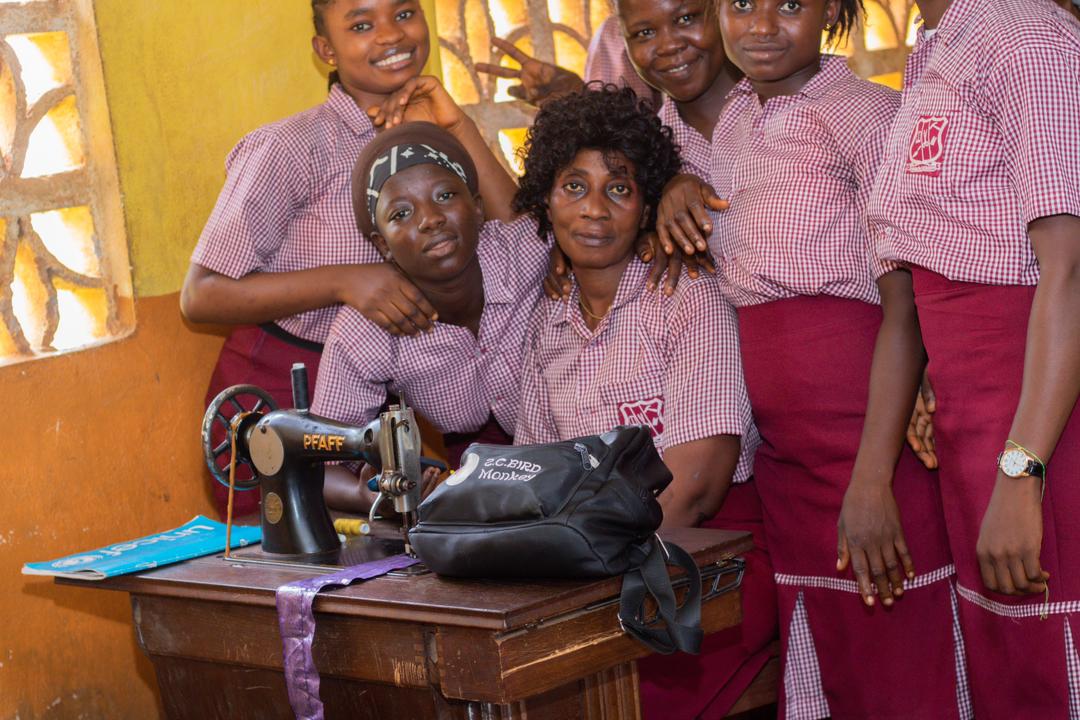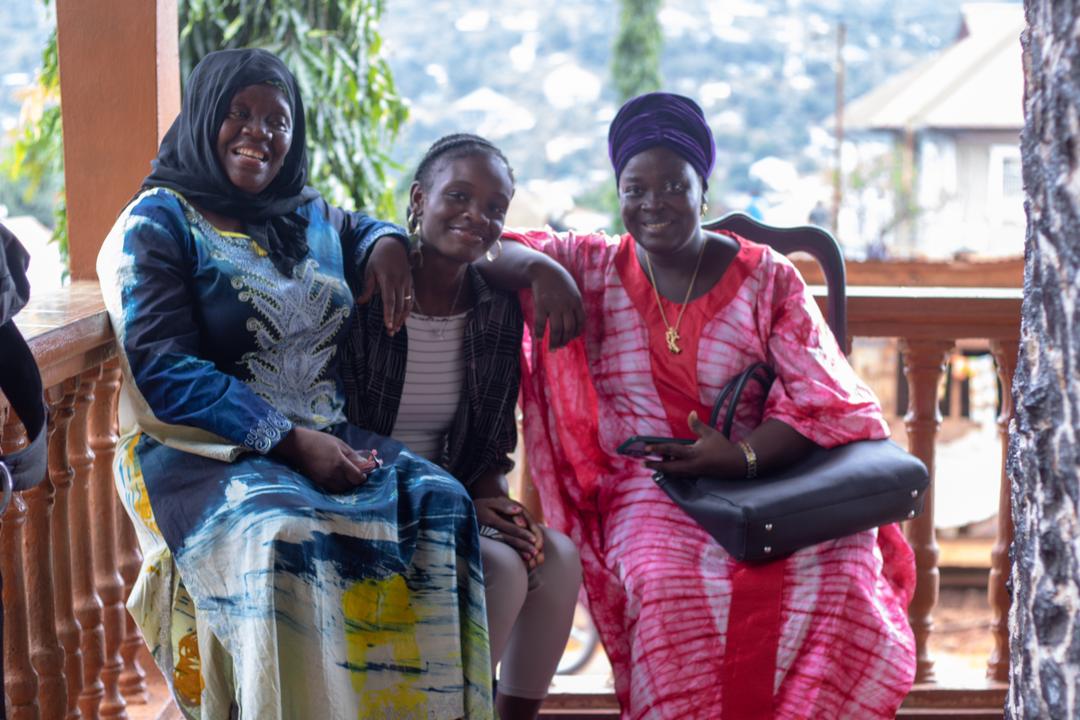THE CHALLENGE
Rape of underage girls: In February 2019, the President of Sierra Leone, Dr. Julius Maada Bio declared a state of public health emergency on rape and sexual violence. In his speech he pronounced rape a national epidemic which is taking a drastic toll on his human development agenda for the country, particularly since over 70 percent of survivors are underage girls and infants, 15 years and below. On an annual basis, there are nearly 4000 reported cases of violence against women and girls in Sierra Leone.
Family violence: This includes intimate partner violence and abuse of children in the home. The lifetime prevalence of intimate partner violence in Sierra Leone is 60.8 percent.
School related sexual and gender-based violence: The most common forms of school related sexual and gender-based violence are sexual harassment and assault. According to the ‘National Study on School-Related Gender-Based Violence in Sierra Leone’, which was published by Oxfam in 2010, about 42 percent of girls in school experience touching or pinching of body parts and genital, and 30 percent of rape cases are school-related. School related rape often occur in locations on the way to and from school and in school toilets. The perpetrators include teachers, peers and senior students. Teachers, however, are the main perpetrators of sexual abuse and exploitation, with a high record of using coercion to have intercourse with girls in exchange for better grades, gifts or money.
Harmful cultural practices: The most prevalent harmful practices in Sierra Leone are child marriage and female genital mutilation. These are enablers of violence against women and girls. Child marriage puts girls at risk of premature sexual initiation and abuse. For example, Sierra Leone has the 19th highest child marriage rate in the world. In the similar way, female genital mutilation is a rite of passage to adulthood and demonstrates girls’ readiness for marriage.
Lack of justice and support services for survivors: On an annual basis, less than 15% of survivors receive justice through the courts. The Sierra Leone judicial, social services, and healthcare systems are stressed. Survivors in rural communities are unable to access justice mechanisms due to inadequate infrastructure (for example, forensic labs, disable friendly services) and trained staff, including judges, police, healthcare workers and prosecutors. A further challenge is low access to quality care for survivors. Survivors and their families experience higher health care costs than women who have not experience violence.
Insufficient statistics on violence against women and girls.
Poverty amongst caregivers and survivors: Survivors lose important livelihood support, including household income and other family support structures when they hold their perpetrators accountable. Survivors incur medical and legal expenses and also experience loss of productivity and significant lost wages. Additionally, girls forced to marry young often do not complete school, which limits their economic potential.
OUR PROGRAMS
UPCOMING EVENTS
Personal Safety Trainings
31 January 2025- Speaker: Family Support Unit of Sierra Leone Police
Financial Literacy Training
31 January 2025- Speaker:Outreach Personnel, United Bank for Africa
Balloon Room Fundraiser
31 January 2025- Speaker:None



